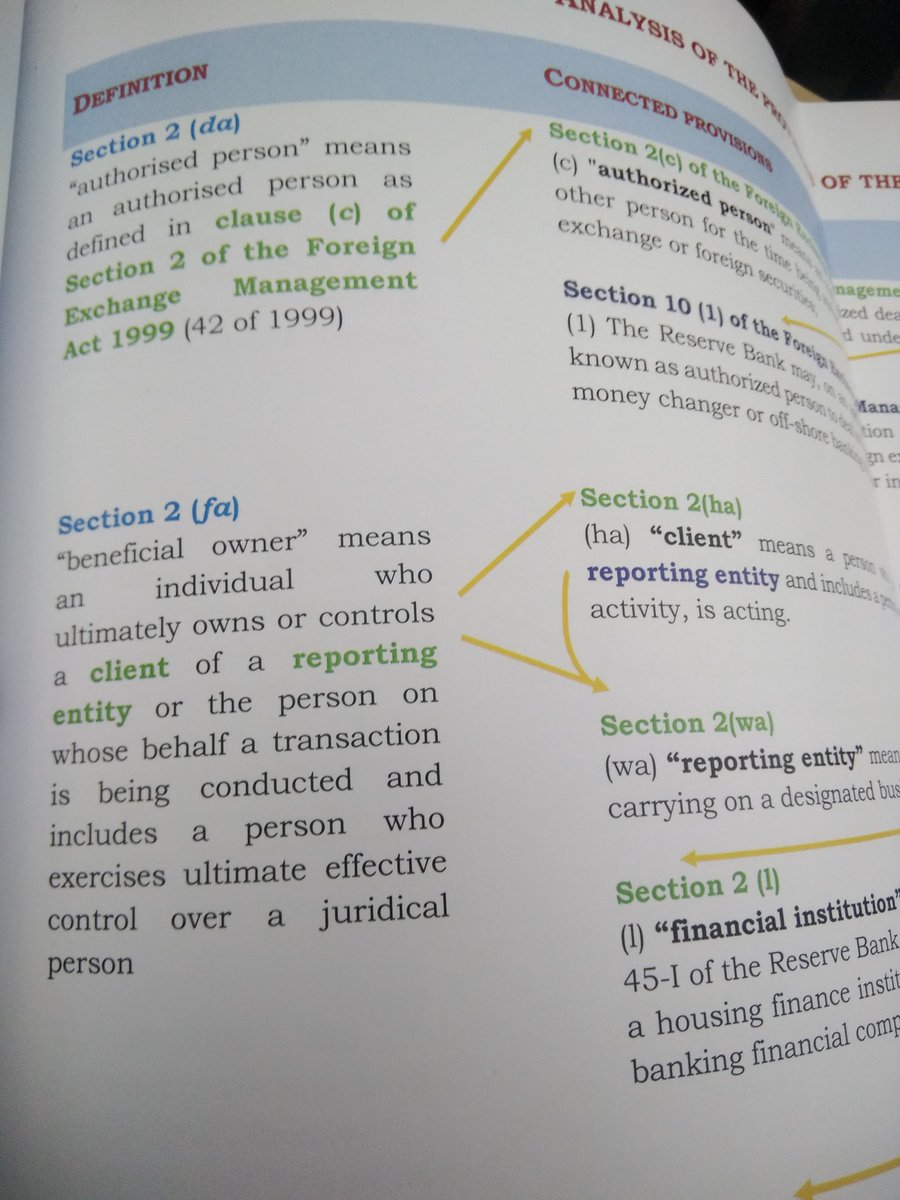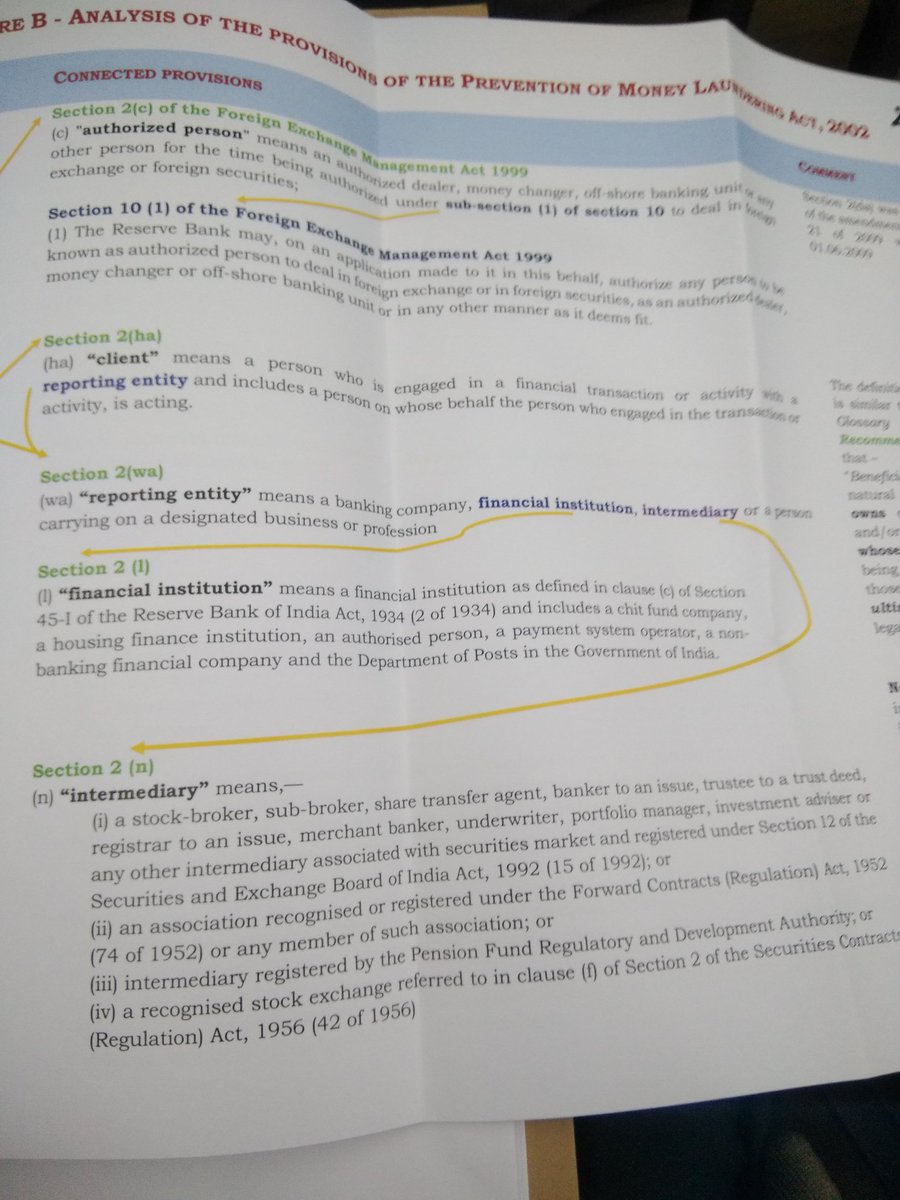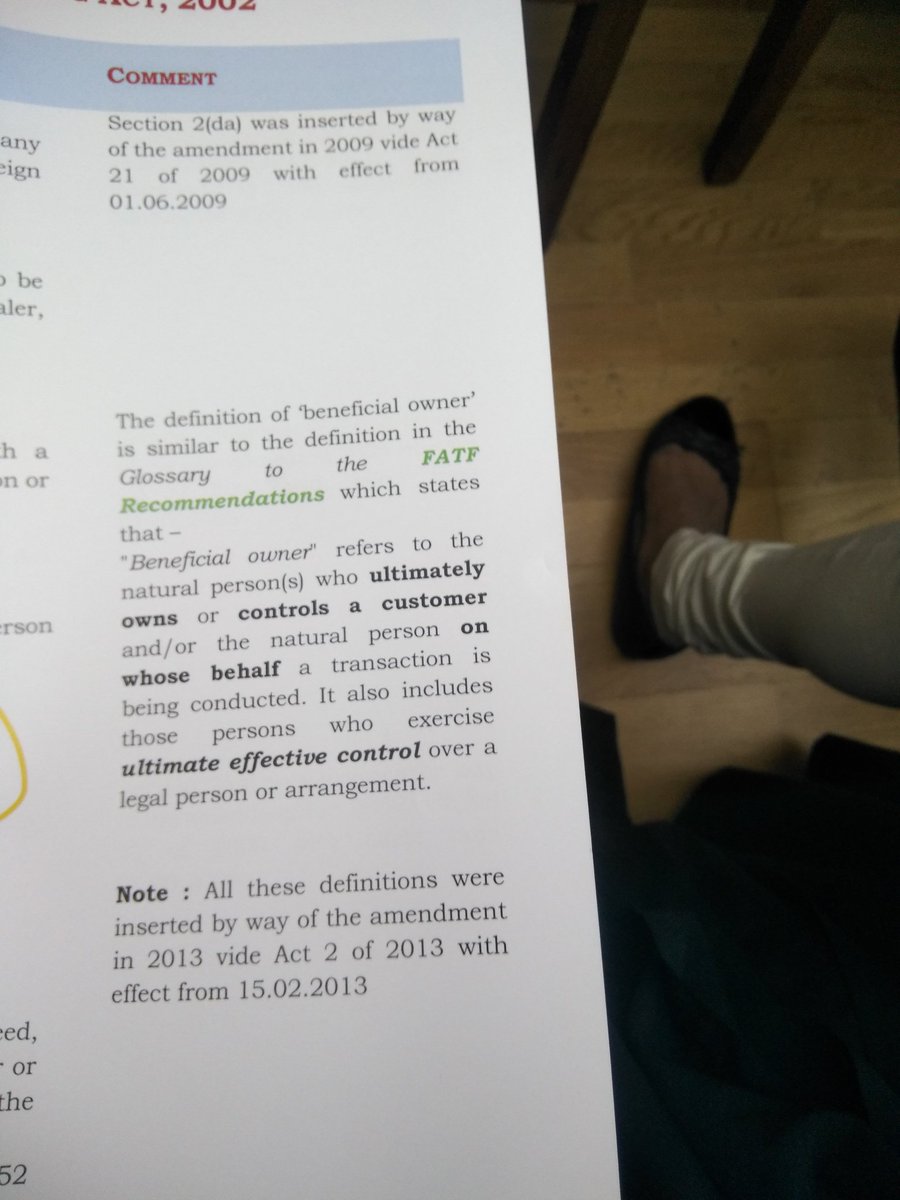TM says that this clearly meets the test of proportionality.
TM says that in that case, he will skip this and move on.
TM comes to the position in the UK.
Sikri J says that nobody is disputing that.
Judges repeat that nobody is disputing this point.
TM says that as long as the government has an acceptable view with regard to stopping tax evasion and protecting revenue, it doesn't matter if the method adopted is not the least intrusive.
TM reads out the Basel Committee Report, and says that the point is to ensure that the bank account is actually opened by the person in whose name is is.
TM says that there many loopholes that can be plugged.



TM says that it is to show the larger public interest.
To continue tomorrow. TM will finish by lunch tomorrow. Then Rakesh Dwivedi will close the case for the State.

